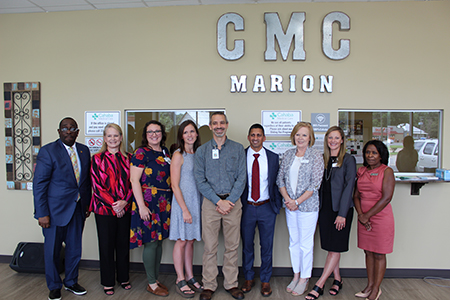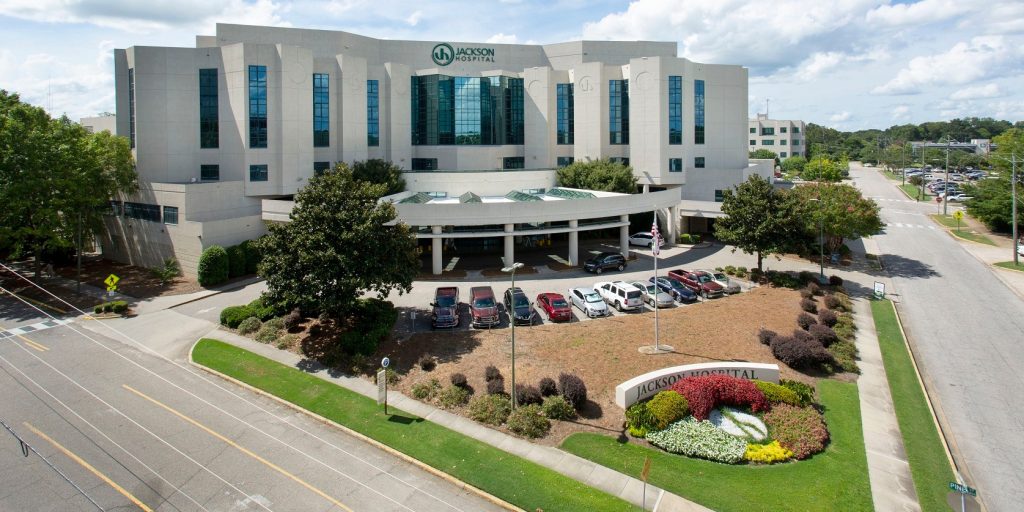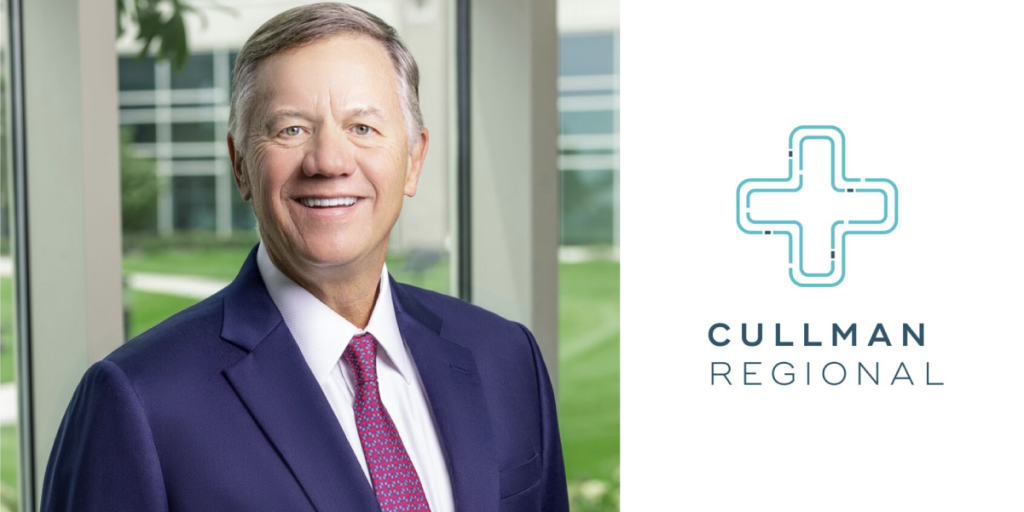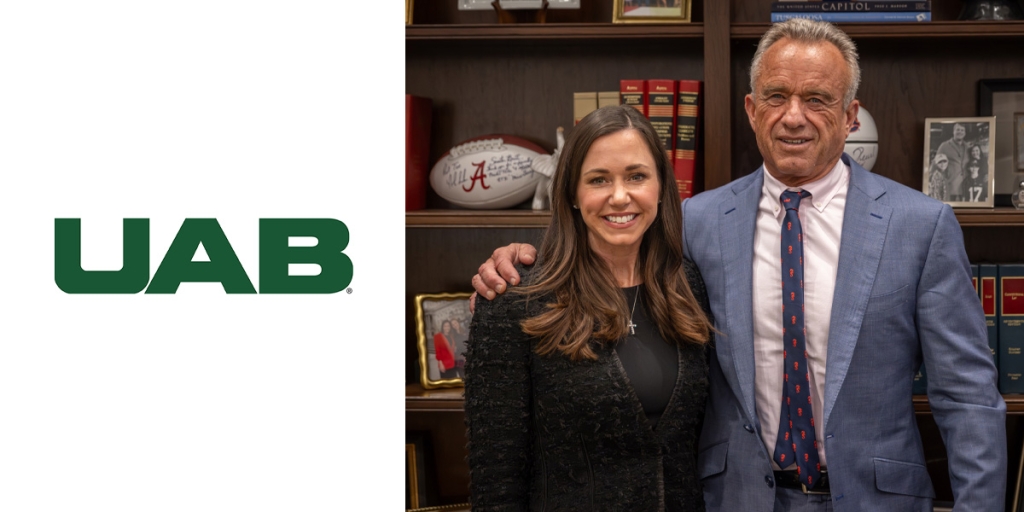The University of Alabama at Birmingham (UAB) is continuing to help Alabama address its dire shortage of primary care physicians, which especially exists in underserved rural and urban areas.
UAB on Thursday announced that it is partnering with Cahaba Medical Care, a family medicine group with clinics in Jefferson, Bibb, Perry, Chilton, Dallas and Autauga counties, to create another rural residency program with participation from Medical West Hospital, an affiliate of the UAB Health System, in Bessemer and J. Paul Jones Hospital in Camden.
The program will be called the Frontier Track and is funded by a grant from the Health Resources and Services Administration’s (HRSA) Rural Residency Planning and Development program. The grant is part of a larger $20 million, multi-year initiative by HRSA to expand the physician workforce in rural areas by developing new, sustainable residency programs in family medicine, internal medicine and psychiatry.
“I am excited to work together to address the major needs of the state,” Dr. Irfan Asif, chair of the UAB Department of Family and Community Medicine, said in a statement.
Asif also helped establish UAB’s partnership with Cahaba Medical Care.
“Alabama has one of the worst primary care shortages in the nation. By growing our residency program, we will help address this need and ultimately improve the lives of Alabamians,” he added.

UAB and Cahaba Medical Care will begin recruiting residents for the Frontier Track in 2021. The residency is expected to begin in 2022.
“The health challenges in rural America are clear: Rural communities face a greater risk of poor health outcomes than their urban counterparts,” HRSA Administrator George Sigounas, Ph.D., advised.
“Programs like the Rural Residency Planning and Development grants take aim at one of the most persistent disparities: access to high-quality health care providers,” he concluded. “HRSA is committed to increasing the number of providers serving rural communities and improving health in rural America.”
Last year, UAB and Cahaba Medical Care partnered to create the Cahaba-UAB Family Medicine Residency, which trains 12 new medical school graduates per year during a three-year residency.
With the creation of the Frontier Track, two or three additional residents will be added to the program for a three-year residency, where they will spend their first year at Medical West and Cahaba Medical Care’s Bessemer clinic, followed by two years at Cahaba Medical Care’s Marion clinic and J. Paul Jones Hospital.
“We know from decades of research, as well as from our own experience in Bibb County, that physicians who spend their critical, formative training years, actually practicing and training in rural, underserved areas, are as much as five times more likely to practice in a rural area,” Dr. John Waits, residency director of the Cahaba-UAB Family Medicine Residency and CEO of Cahaba Medical Care, explained. “With initiatives like this, we hope to do our part in changing the rural physician workforce shortage for the good.”
The UAB School of Medicine also operates three other educational programs designed to recruit and train primary care physicians specifically for future rural Alabama practice.
The UAB School of Medicine Blue Cross Blue Shield Program Scholarship was formed last year and will train a total of 60 primary care physicians over five years. The recipients must return to practice in a county with a primary care shortage after they complete their residencies. The Rural Medical Scholars Program is a joint program of the School of Medicine and the University of Alabama’s College of Community Health Sciences, which serves as the Tuscaloosa Regional Campus of the School of Medicine. The Rural Medicine Program is conducted by the Huntsville Regional Campus of the School of Medicine and the College of Sciences and Mathematics at Auburn University.
Sean Ross is a staff writer for Yellowhammer News. You can follow him on Twitter @sean_yhn.













